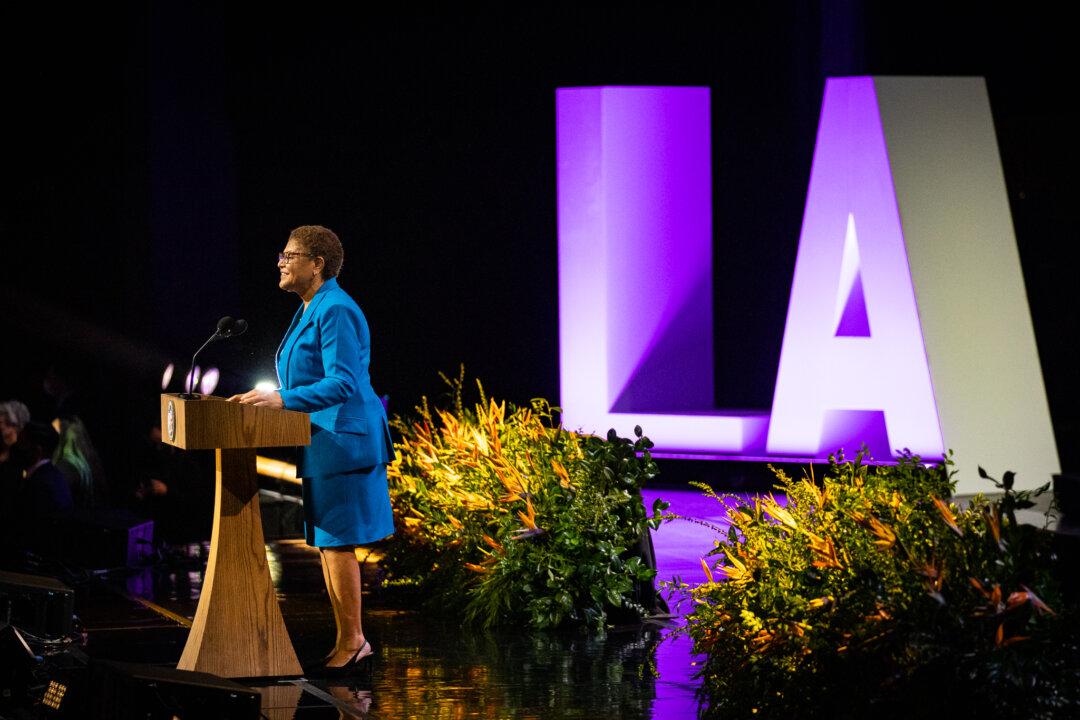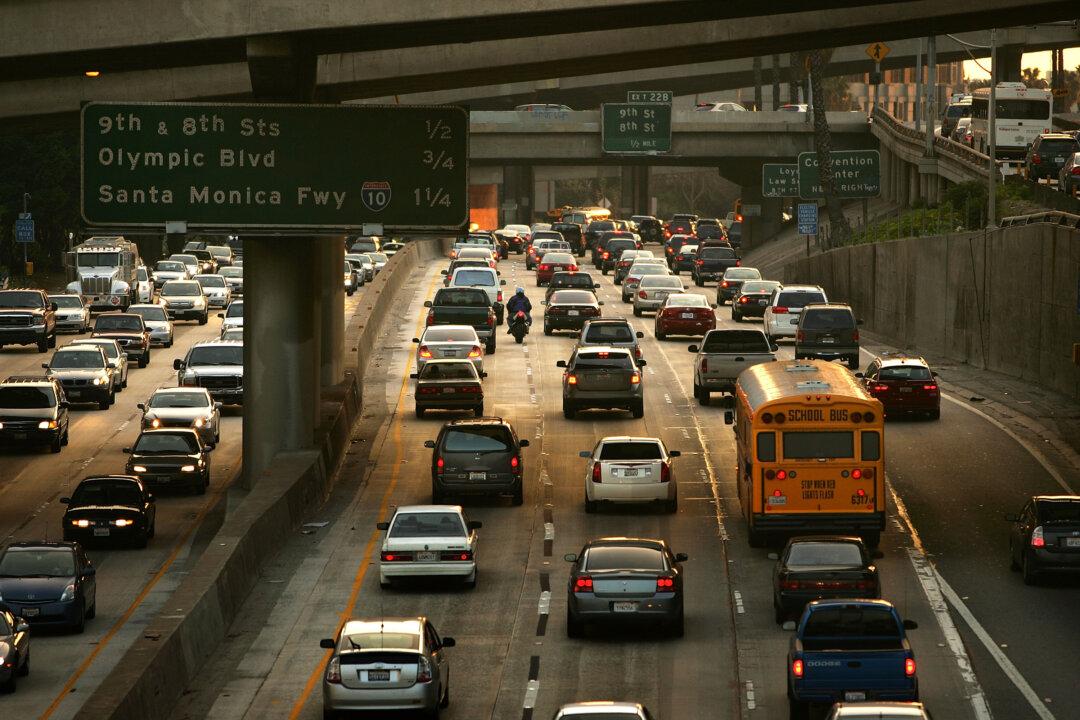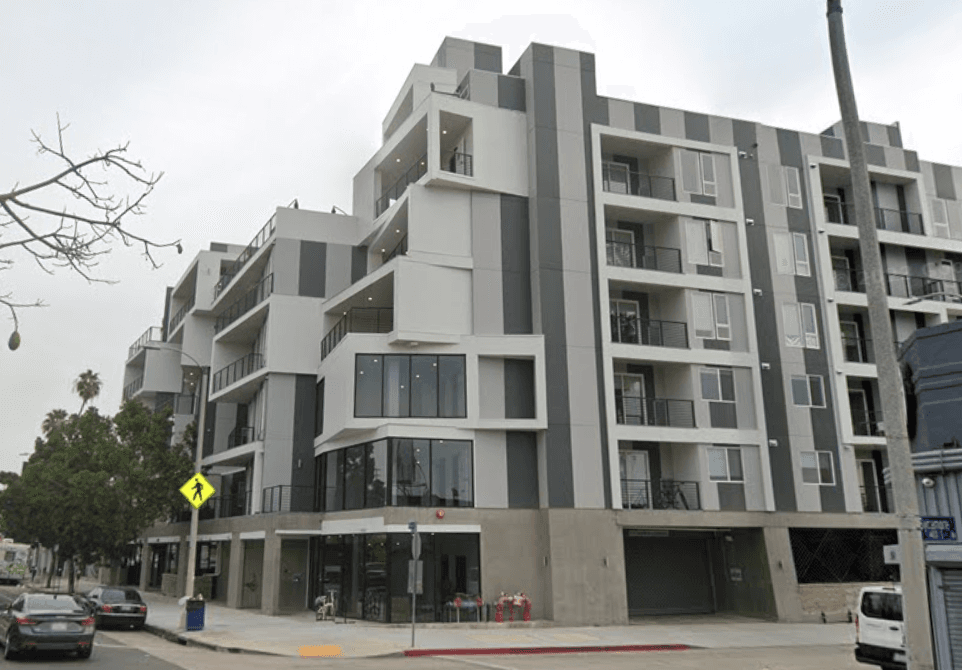Commentary
During recent elections in Los Angeles, polls showed that homelessness was the number one issue concerning voters. It polled higher than the economy, gas prices, inflation, and crime. This is because homelessness in L.A. is on a level like no other city in the United States.





